Related News
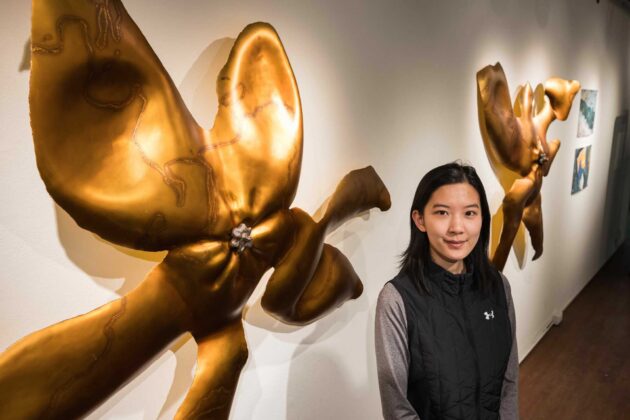
Defining involution through sculpture
A Rochester graduate student and acclaimed sculptor examines a topic that is increasingly relevant to Chinese society.
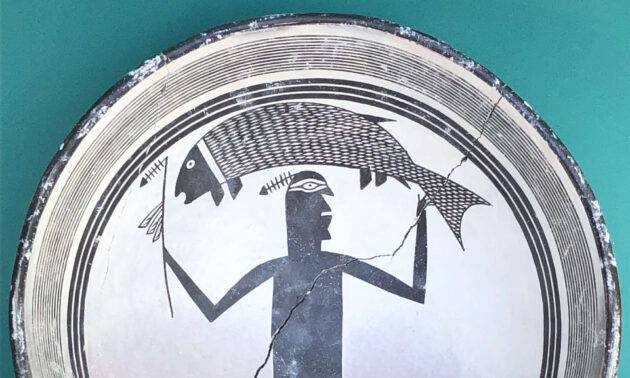
That’s not Native American art. Or is it?
A Rochester art historian on the proliferation of indigenous fakes and replicas—and the blurry line between appropriation and admiration.

Mellon grant supports a close-up on close-ups
A Rochester research team is part of an inter-institutional project to document the history of the close-up, one of film and television’s most powerful techniques.

Why is a 16th-century tradition attracting activists on the Christian right?
Scholar Anna Rosensweig explains how early modern resistance theory is inspiring far-right individuals to defy local, state, and federal laws.

New award sends humanities graduate students abroad
Four Rochester doctoral candidates will research in archives in a dozen countries as recipients of the Meliora Global Scholars grant.

Curtis Award spotlights PhD teaching assistants’ ‘amazing’ efforts during the pandemic
The annual award honors the contributions of graduate students in classrooms and laboratories across the University. This year’s recipients come from different disciplines, but share many things in common.

Rochester’s latest CAREER award recipients pursue wide range of projects
University of Rochester researchers have received the National Science Foundation’s most prestigious award for early-career faculty.
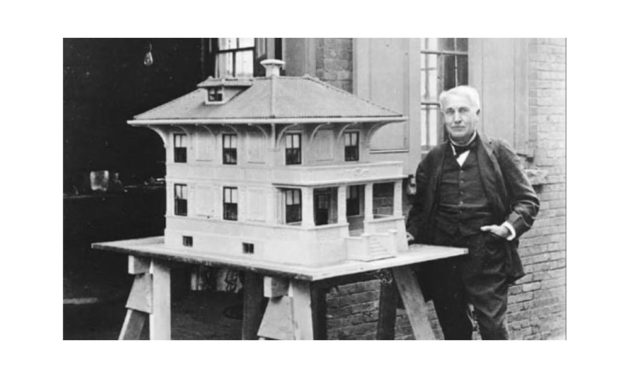
How patents transformed the world of architecture
Associate professor of art history Peter Christensen has been awarded a 2021 Guggenheim fellowship for his project exploring an understudied shift in architectural history.
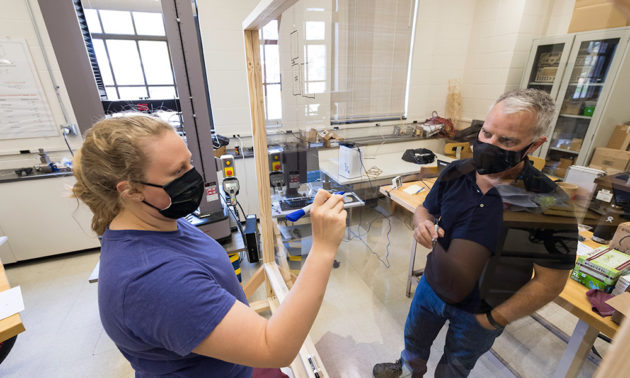
An adapted classroom: Students and faculty find new ways to engage in teaching and learning
Students and faculty members adapt to new—and safety-conscious—ways of interacting as teachers, scholars, and researchers.
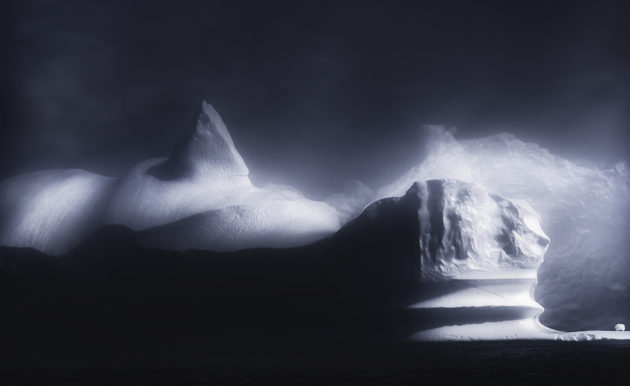
A ‘different kind of wonder’
The European Renaissance’s engagement with the Arctic is a little-known chapter of history but a relevant one today, when the region once again has become a site of anxious attention.
